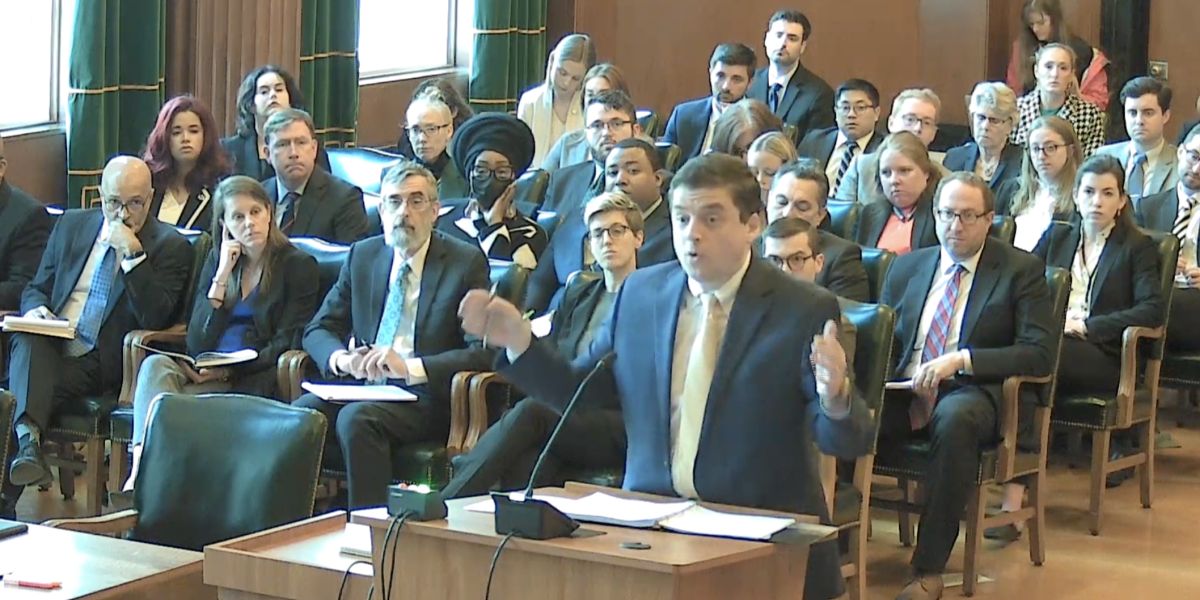In the midst of the contentious battle for abortion rights in the United States, the case of Kate Cox stands as a poignant example of the complex moral and legal dilemmas that can arise. In August 2023, Kate Cox, a mother of two in Texas, found herself at the center of a heart-wrenching and legally complex situation.
She was pregnant with a child diagnosed with Trisomy 18, a genetic condition associated with severe developmental problems. According to her doctors, the prognosis for her baby was death before or shortly after birth. Moreover, continuing the pregnancy posed a risk to Cox’s future fertility.
However, due to Texas’s stringent abortion laws, her physicians expressed that their “hands were tied,” unable to perform an abortion unless the mother’s life was in imminent danger or to prevent a substantial impairment of a major bodily function.
Understanding Trisomy 18
Trisomy 18, also known as Edwards syndrome, is a genetic disorder caused by the presence of an extra chromosome 18. This condition leads to a range of severe physical and intellectual disabilities. It affects 1 in 6,000 live births and is more prevalent in girls than boys. The majority of fetuses with Trisomy 18 do not survive to term, with most pregnancies ending in miscarriage or the baby being stillborn.
For those who are born, the prognosis is grim, with many succumbing to the condition shortly after birth. The symptoms of Trisomy 18 can include heart defects, kidney problems, developmental delays, and physical malformations such as small jaws and heads, clenched hands, and rocker-bottom feet.
The Legal Battle in Texas
The legal battle that ensued for Kate Cox highlights the intersection of reproductive rights and medical ethics. In Texas, the abortion ban includes only a narrow exception to save the mother’s life or prevent substantial impairment of a major bodily function. Cox’s lawsuit sought to challenge this, arguing that the abortion she needed should fall under this exception and that enforcing the ban in her case would violate the state constitution.
This lawsuit symbolizes a broader struggle for women’s rights to make decisions about their own bodies and the ethical considerations surrounding pregnancies with severe fetal anomalies.
Joining Cox in her lawsuit were her husband, Justin Cox, and Dr. Damla Karsan, an OBGYN who stated she would perform the abortion if not for the ban. The legal action was not just about Cox’s personal plight but also about challenging the broader implications of the state’s restrictive abortion laws. Dr. Karsan is also involved in a separate lawsuit with 22 plaintiffs seeking a broader order protecting Texas women’s right to medically necessary abortions.
These legal efforts reflect the growing resistance against restrictive abortion laws, particularly in cases involving severe fetal anomalies where the prognosis is dire.
The Impact of the Case
The case of Kate Cox is a microcosm of the larger debates and dilemmas surrounding abortion rights in the United States. It brings to the fore the painful choices that parents must make when faced with a pregnancy affected by severe genetic disorders like Trisomy 18. The decision to end such a pregnancy is never taken lightly, and the legal barriers to doing so only add to the anguish of the parents.
Furthermore, this case underscores the importance of understanding the medical realities of conditions like Trisomy 18. With almost certain fatal outcomes and a profound impact on the quality of life, both for the child and the parents, the ability to make informed and compassionate choices is crucial.
In conclusion, the legal fight of Kate Cox against Texas’ abortion ban in the case of Trisomy 18 is a stark reminder of the complexities and deeply personal nature of abortion debates. It challenges us to consider the nuances of reproductive rights, the role of law in medical ethics, and the profound impact such decisions have on individuals and families.
As we reflect on this case, it becomes clear that the conversation around abortion rights and genetic disorders is far from black and white, demanding empathy, understanding, and thoughtful consideration of the human costs involved.




